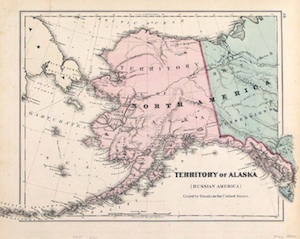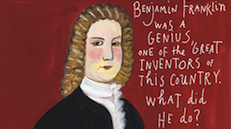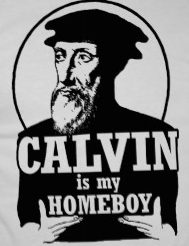I have a particular fondness for strong opinions, Best/Worst lists, and theology. You don’t often find all three in the same place but Fred Sander’s hits that trifecta in his post “Karl Bahrdt, Worst Theologian Ever.” (No, not Karl Barth, Karl Bahrdt.) A Lutheran preacher’s kid, Bahrdt started studying theology in 1757 in Leipzig, at age sixteen. He became famous for “pranks,” one of which included using Faust’s magic symbols to try to summon demons. . . . These shenanigans led somebody... Read more
















